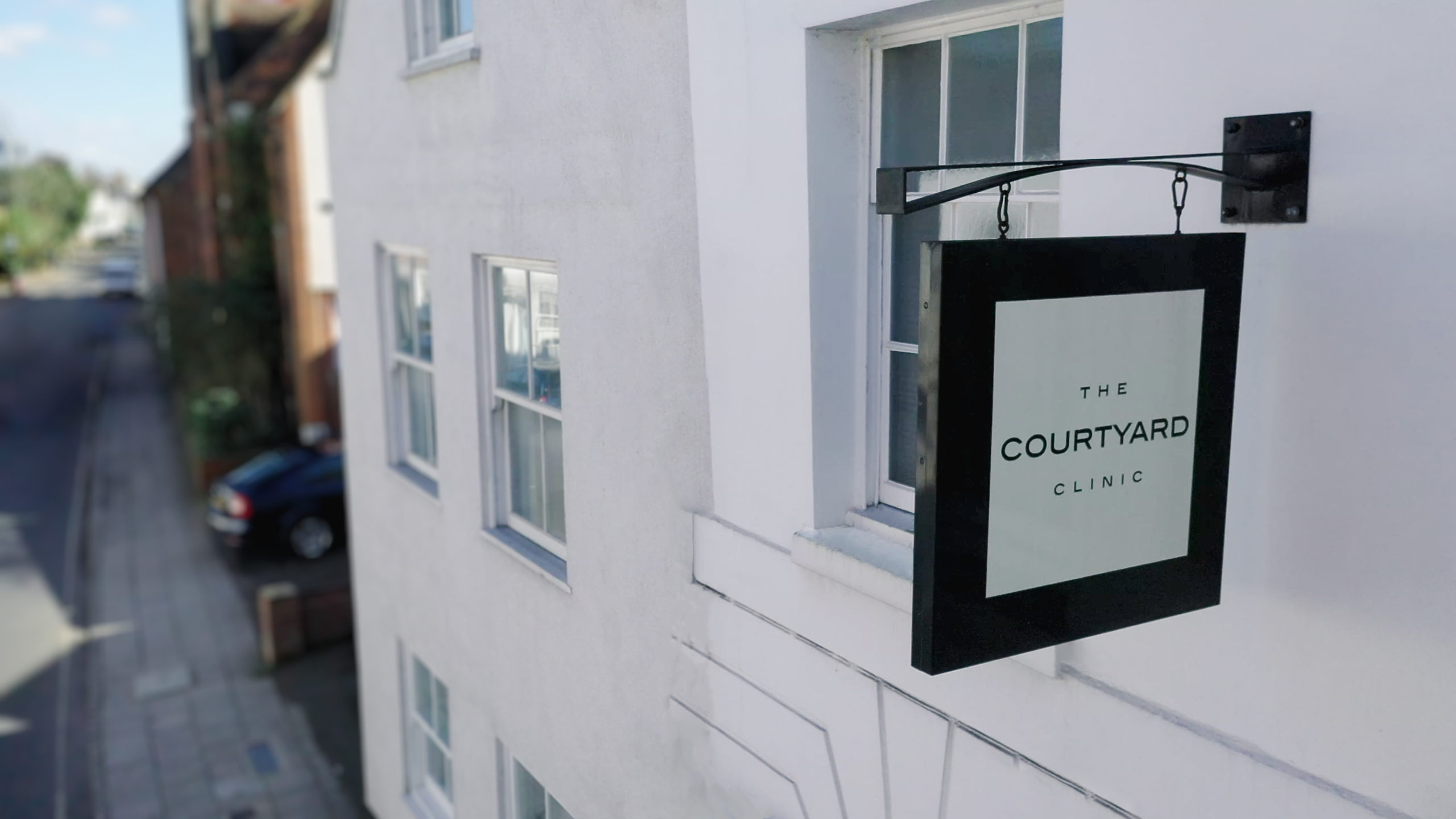Oral cancer is one of the few types of cancer that has not experienced a significantly reduced mortality rate in the last 30 years. The main reason for this is that 70% of cases are already in the late stages before it is detected and it is simply too late.
Traditionally mouth cancer has been associated with older males who use tobacco and alcohol, but an increasing number of people developing this deadly and disfiguring disease are younger males and females who in some cases, do not use tobacco and alcohol. One possible reason for this trend is that mouth cancer is now known to be caused by exposure to the sexually-transmitted human papilloma virus (HPV). This means that anyone who is sexually active is at risk from mouth cancer.
You can reduce the risk of developing oral cancer by:
1. Not using tobacco. Not using tobacco is the single most important thing you can do to avoid oral cancer
2. Reduce excessive consumption of alcohol. More than 15 alcoholic beverages a week may put you at greater risk of developing mouth cancer. If you must drink, do so in moderation.
3. Reduce or stop the combined use of tobacco and alcohol. Using both tobacco and alcohol significantly increases the risk of developing oral cancer.
4. Excessive exposure to the sun. Unprotected exposure to the sun increases your risk of developing lip cancer. Use at least SPF30 sun block for your lips
5. Avoid the use of betel nut and bedis. Betel nut and bedis are causative agents for oral cancer when chewed of smoked.
6. Eat a healthy well balanced diet. A diet rich in fruit and vegetables contains protective nutrients, reducing the risks of developing a variety of diseases including oral cancer.
The key to controlling mouth cancer is early detection.
Until recently, the primary method of detecting oral cancer has been by visual screening that relies on the naked eye of the clinician. Unfortunately, mouth cancer is often only apparent under these conditions at the later stages of the development of the disease. However, with new breakthroughs in technology, there is now a product called the Velscope Oral Cancer Screening System.
The Courtyard Clinic are the proud owners of the VELscope Oral Cancer Screening System
Through the use of light shining through the tissues Velscope assists in the detection of abnormal areas, including pre cancerous lesions that may not be apparent to the naked eye.
All patients attending The Courtyard Clinic can benefit from having the Velscope Oral Cancer Screening System incorporated into their Comprehensive Care appointments.
The screening examination involves shining a safe blue light into the mouth. When viewed through special filters, abnormal tissue will appear as an irregular, dark area that stands out against the otherwise fluorescent green of the surrounding healthy tissue. In most cases the Velscope exam will indicate that there is nothing to worry about.
If there is an area of potential concern, patient can be referred to the appropriate specialist for an accurate diagnosis at a considerably earlier moment in time.
Fortunately, the survival rate for oral cancer discovered in the early stages is extremely high.
That is why it is recommended that people should have an oral cancer screening once a year, or twice a year if you smoke or chew tobacco, and it is for this reason that we at The Courtyard Clinic have invested in this technology.
By promoting the early detection of oral cancer, it is hoped that the current mortality rate of this dreadful disease can be considerably improved.
Want to know more, then visit:
www.canceradvice,.co.uk
www.MouthCancerFoundation.org
www.wikipedia.org/wiki/oral-cancer
www.info.cancerresearch./org
www.velscope.co.uk


